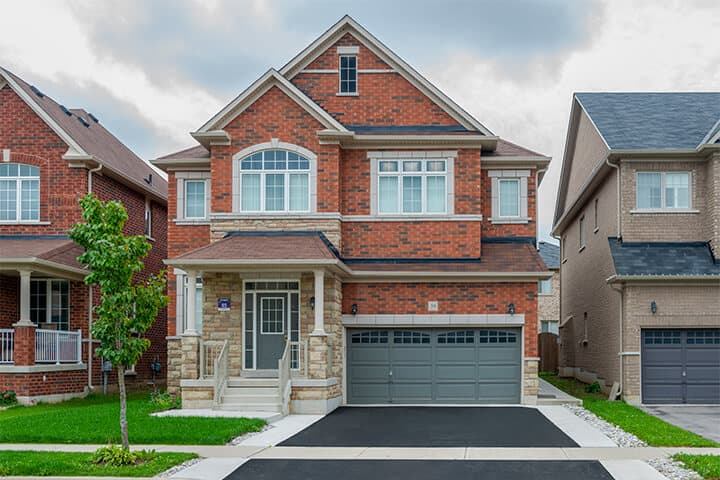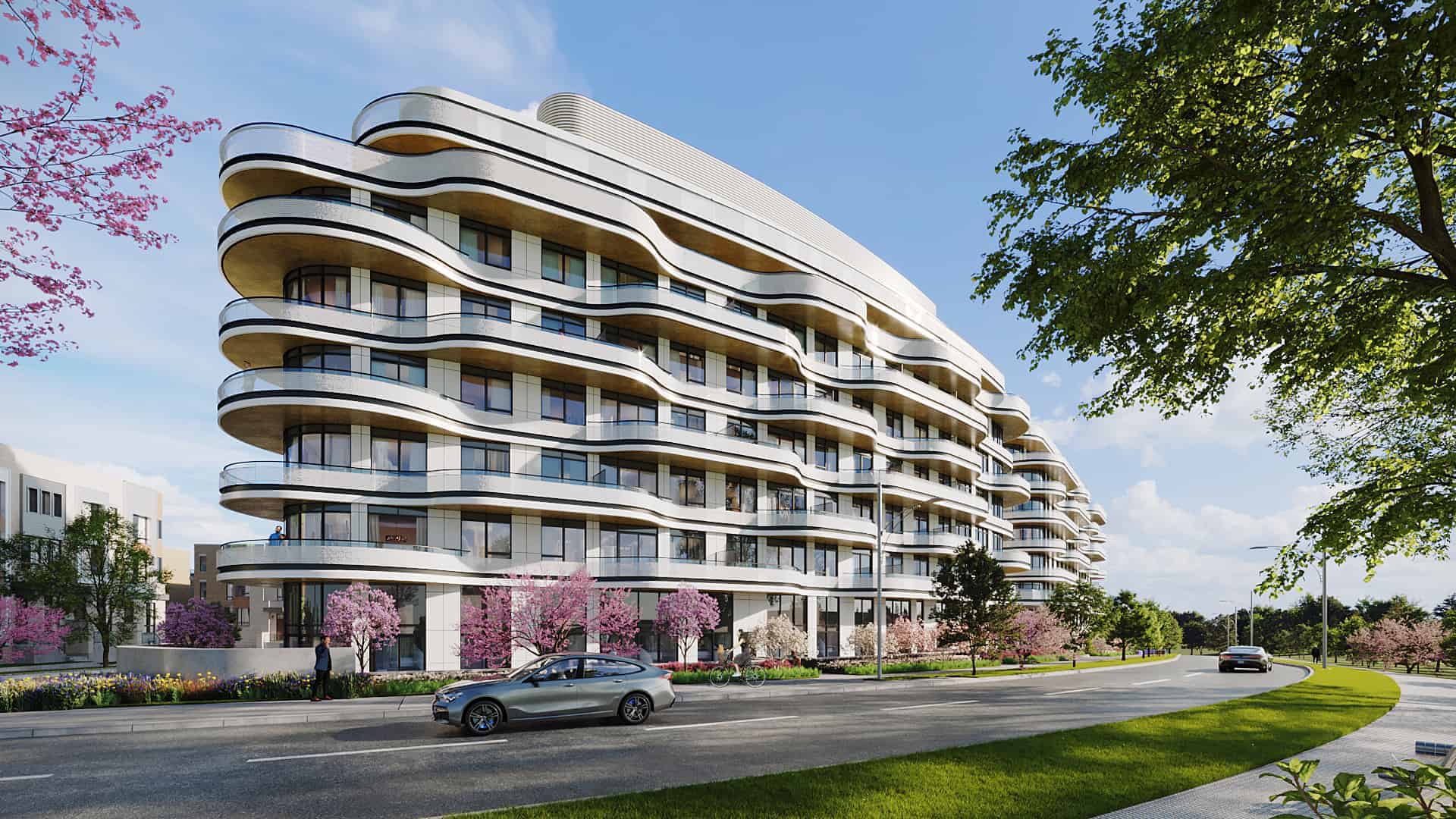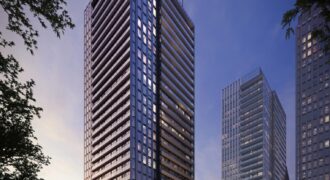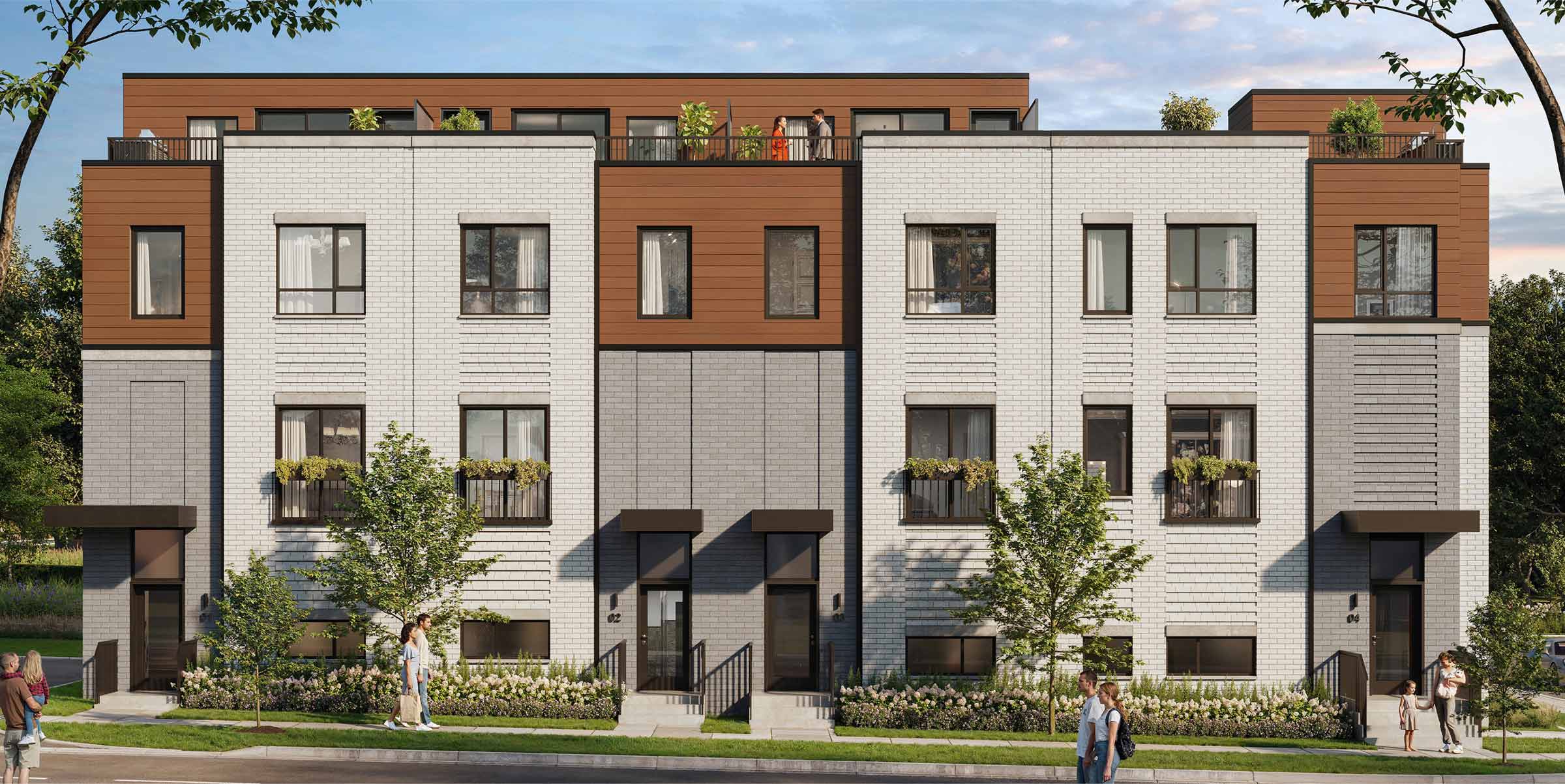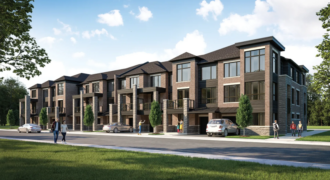Few Tips On Purchasing Pre-Construction Homes or Condos
Buying a property is quite a complex process especially if it is a pre-construction home or condos. It has certain factors that need to be prepared in advance before you reserve the unit. Following certain requirements will definitely bring ease and fasten the process for you.
1. Research About the Project and the Developer
Pre-construction units generally take a few months to a few years to get completed. In it, you are actually investing in some future promised project. So, you have to be extra conscious both about the type of project and the builder who is constructing it. The materials of the project, the pricing structure, and the architectural plans must be inspected ardently in order to know beforehand any loophole. The credibility of the builder before serving the unit must be analyzed. How the developers delivered their previous projects and on what timeline the project was delivered.
2. Mortgage Pre-approval
Budget and affordability capacity is perhaps the prime thing to consider while looking to buy pre-construction units. Obtaining a mortgage pre-approval is something that will save you time in the process of home buying. One can easily get it from a bank or any other financial institution. However, the buyer should be prepared for a future hike in interest rates.
3. Choose Your Home Style
Most developers have varied types of model home plans to choose from. The buyer can select a square footage area with the number of rooms and bathrooms. The buyer should have an active conversation with the builder about the exact floor plans and core elements of the condos. This is perhaps the most important thing to consider.
4. Payment Deposit Structure
Pre-construction homes give the benefit of flexible deposits but most developers want to have 10 to 20 percent of the total payment at the time of booking. Pre-construction homes give the buyer more time to pay the payment but still, the buyer is entering into a very long contractual agreement. Advance preparedness for the payment structure will simplify the buying process.
5. Occupancy Period
Closing is a two-step process that most buyers don’t know. The first closing is the interim or occupancy closing. In occupancy closing the buyers get the actual keys and possession of the condos or unit but the ownership is still not transferred to the buyer. The buyer tends to pay the developer a monthly sum which consists of monthly realty taxes and common expenses and interest on the deferred purchase price. The second closing or the final is when the buyer becomes the registered owner of the condos.
6. Purchase Agreement
The purchase agreement generally contains the details of the project which include the date of completion of the project, project specification, payment terms, floor plans, the type, and the amount of penalty while defaulting buyer or developer. The purchase agreement is a complex document that needs legal professional intervention before signing it. Purchase agreements should be carefully studied. This is the only document that contains what exactly the builder has promised to deliver. What the builder promised verbally is of no use. One cannot legally make the builder accountable for their verbal promises.
7. Proof of the Deposit
Most developers want that the buyers have a deposit cheque. In case the buyers can’t take a picture of the cheque or some buyers don’t have cheques. In such a scenario, the developer needs a bank draft or a wire transfer as proof.
8. ID Proof
Developers need ID proof of the buyer at the time of reserving the unit. The ID should be a government and not in an expired stage.
Conclusion:
There are certain things that you need to know prior to booking pre-construction condos or homes. The advance preparedness saves one’s valuable time as the buyer has to keep handy vital documents. The buyer should also be well-informed about the project and the developer’s credibility.





